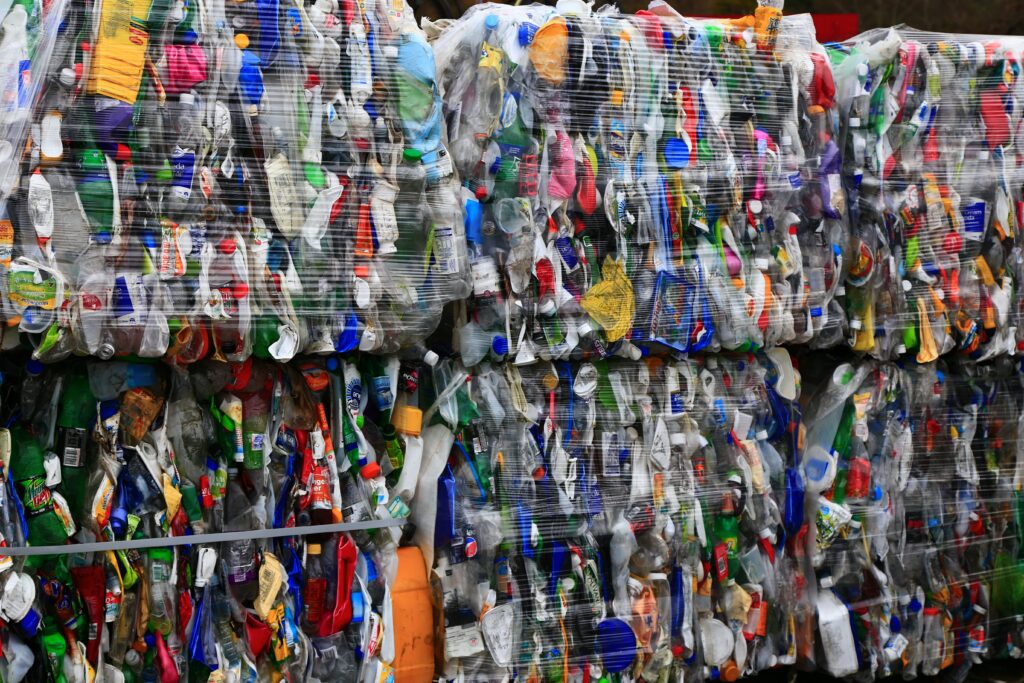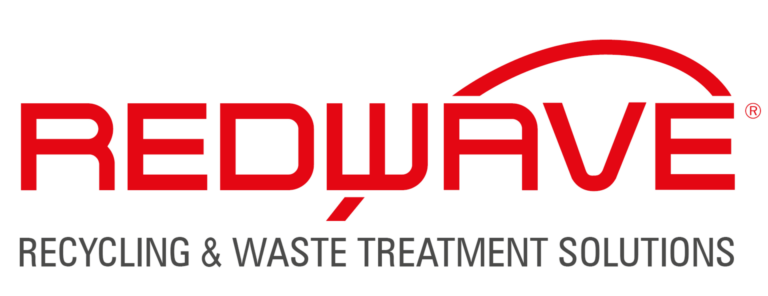This partnership underscores the importance and complementary nature of both mechanical and molecular recycling processes in creating a more sustainable future. By combining their expertise and resources, both companies aim to achieve true circularity in the recycling process, maximizing the value of waste materials and reducing environmental impact.
“We are very pleased to enter into this agreement with Eastman since our group is strongly committed to promoting a continuous transition from a linear to a circular economy in the packaging market,” said Corrado Dentis, Dentis/Nord Pal Plast’s chief executive officer. “This partnership contributes to create a standing valuable platform towards PET waste reduction making mechanical and chemical recycling effectively complementary towards the achievements in European Plastic recycling rates.”
“We are very happy to enter into this agreement with Dentis/Nord Pal Plast, which exemplifies Eastman‘s commitment to collaboration and our dedication to working alongside mechanical recyclers to tackle the plastic waste crisis,” said Brad Lich, Eastman’s executive vice president and chief commercial officer. “This partnership is a testament to our shared goal of reducing plastic waste and advancing the circular economy. With over 70% of the feedstock secured for our upcoming recycling plant in Normandy, including materials typically rejected by mechanical recyclers, this agreement represents a significant element of our feedstock availability and reinforces our commitment to sustainable solutions.”
Eastman’s announced molecular recycling facility in Normandy is set to become the world’s largest material-to-material molecular recycling plant. At full capacity, after phase 1 and phase 2, the facility will have the capacity to recycle more than 200,000 tonnes of hard-to-recycle polyester waste annually. This significant investment in France marks a milestone in Eastman’s commitment to sustainable solutions and supports the company’s efforts to establish a more circular economy.
Eastman’s molecular recycling technologies allow for the breakdown of hard-to-recycle waste into its molecular building blocks. These building blocks are then reassembled to create first-quality materials without compromising performance. Eastman’s process enables the potentially infinite value of materials, keeping them in production cycle after cycle.





















